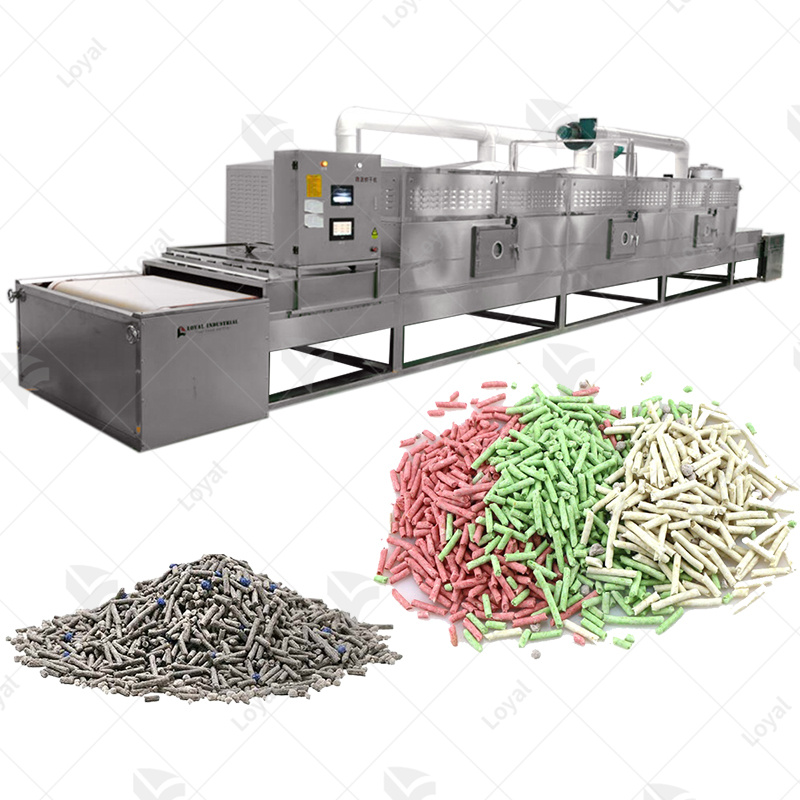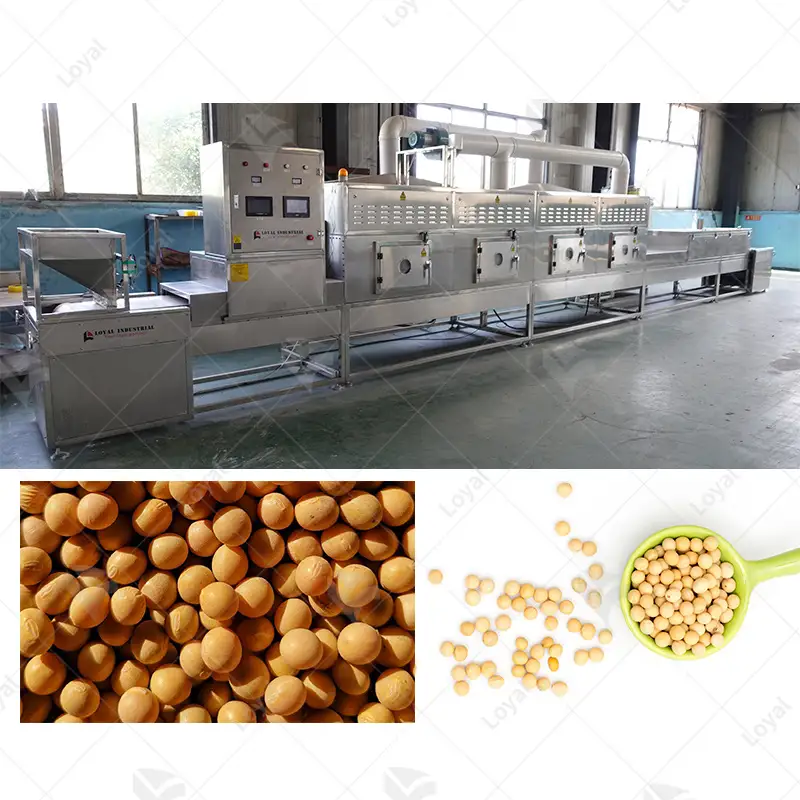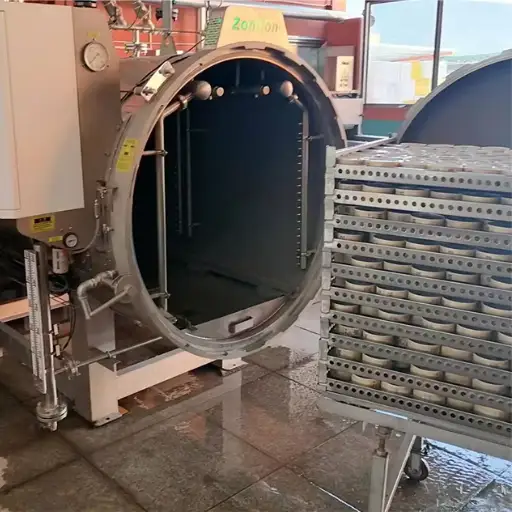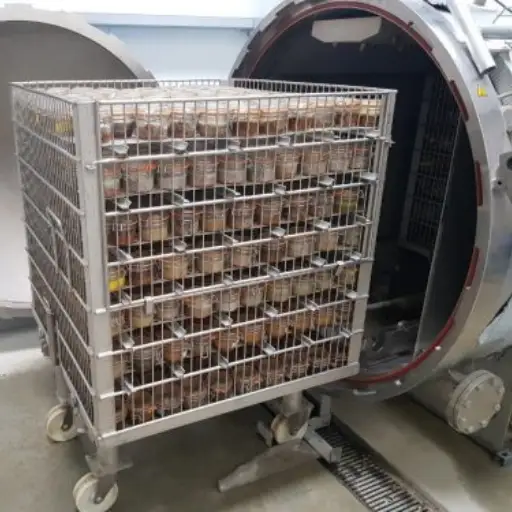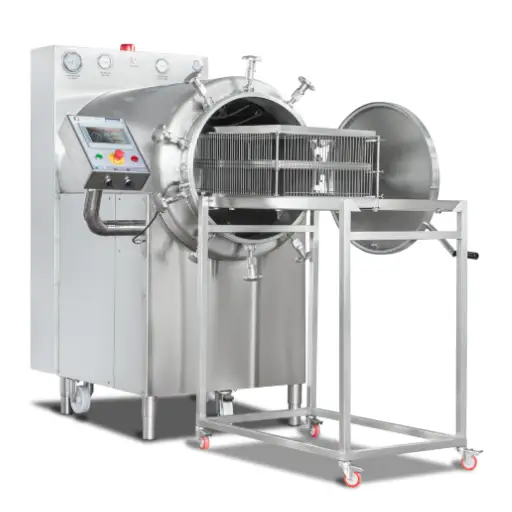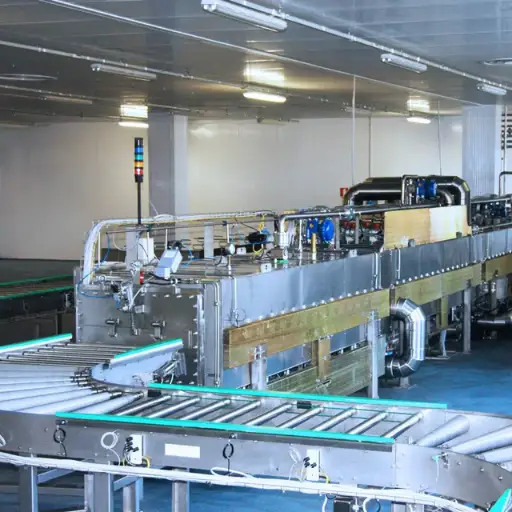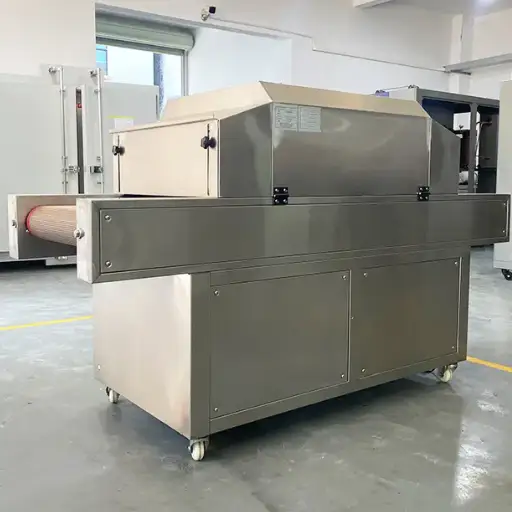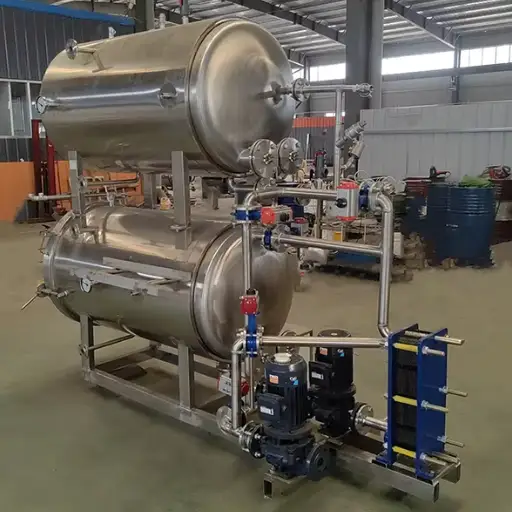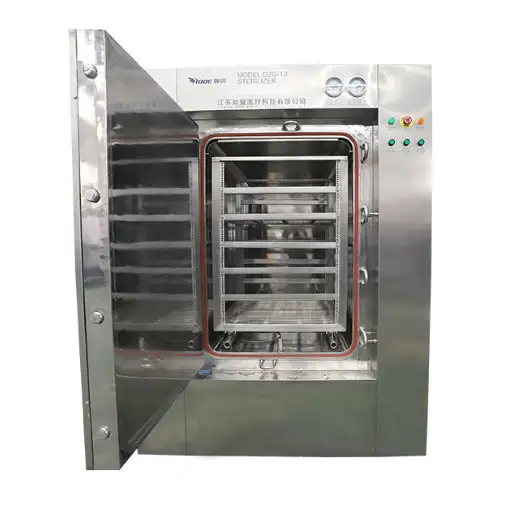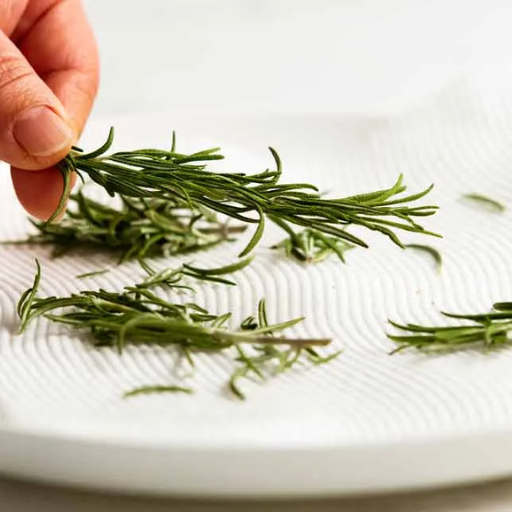Leading Manufacturer of Microwave Drying Equipment
Learn everything about Microwave Drying Solutions
- Efficiency and Speed
- Quality Preservation
- Price Advantage
- Global Delivery
LOYAL offers microwave drying systems that are highly efficient, energy-saving, and capable of maintaining the quality and nutritional value of products.For specific details on the models available and their technical specifications, you can visit the official LOYAL website or contact their customer service for tailored advice and solutions.
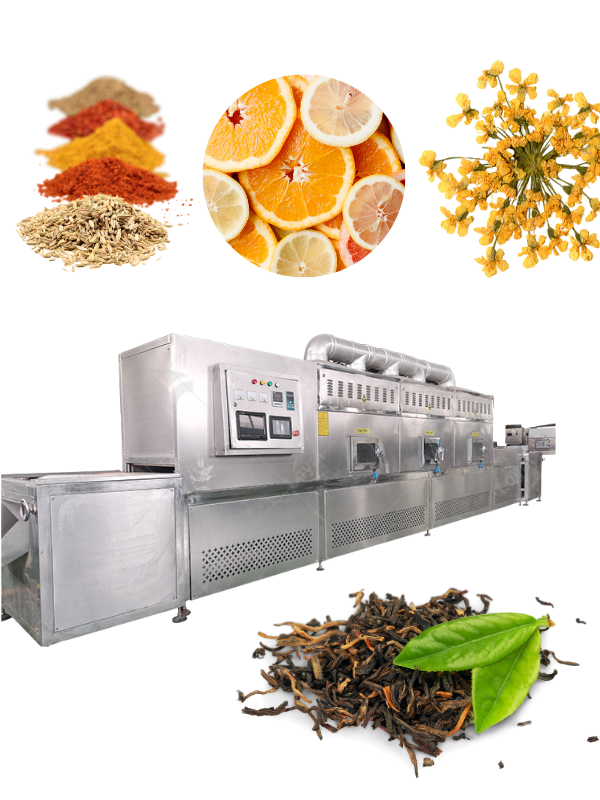
Home » Microwave Drying Solutions
Ultimate Microwave Drying Machine Guide: Tips for Efficient Drying
This guide is crafted to help you optimize your drying operations using microwave technology, which offers rapid, uniform, and energy-efficient drying capabilities. Here, you’ll find practical tips to enhance your drying efficiency, from choosing the right equipment and settings to understanding the principles of microwave heating. Whether you’re in industry or a small-scale operator, this guide aims to improve your processes and product quality through expert insights and advice on microwave drying solutions.
How to Dry Fresh Rosemary Using a Microwave: The Best Way to Preserve Your Herbs
Learn How to Press Flowers in the Microwave: Your Guide to DIY Microwave Flower Press
How to Dry Herbs in the Microwave: A Quick and Easy Guide
Frequently Asked Questions about Microwave Drying Solutions
Q: What are the main advantages of microwave drying over conventional drying methods?
A: Microwave drying offers rapid heating and drying, which reduces processing time significantly. It is energy efficient as it directly heats the material rather than the surrounding air, and it can improve product quality by minimizing thermal damage.
Q: How does microwave vacuum drying differ from standard microwave drying?
A: Microwave vacuum drying combines microwave heating with a vacuum environment. This lowers the boiling point of water, allowing drying at lower temperatures, which is crucial for heat-sensitive materials as it preserves their quality and nutritional value.
Q: Can microwave drying systems be used for all types of materials?
A: No, microwave drying is most effective with materials that are microwave-absorbent. Materials that do not absorb microwaves well, like certain plastics or glass, may not heat or dry effectively in a microwave system.
Q: What safety measures should be in place when using microwave drying equipment?
A: Safety measures include proper shielding to prevent microwave leakage, using microwave-safe materials within the chamber, and following manufacturer guidelines to avoid overheating or thermal runaway conditions.
Q: How do you determine the appropriate power and time settings for microwave drying?
A: This usually requires initial trials to optimize settings based on the type of material, its moisture content, and the desired dryness level. Manufacturers often provide guidelines and adjustable controls to fine-tune the process.
Q: What is the role of chemical microwave drying equipment in the industry?
A: Chemical microwave drying equipment is used in the chemical industry to speed up the drying process of chemicals that are microwave responsive, reducing drying time and potentially improving the quality of some chemical products.
Q: Are there any materials that should not be dried using microwave drying systems?
A: Materials that are highly reflective or non-absorptive to microwaves, like metals, should not be dried using microwave systems as they can reflect microwaves and cause arcing or damage to the system.
Q: What maintenance is required for microwave drying systems?
A: Regular maintenance includes checking and cleaning the microwave generator and cavity, inspecting door seals and filters, and ensuring that all safety systems are functioning properly. Preventative maintenance schedules are typically recommended by the equipment manufacturer.

Explore our tailored Microwave Drying Solutions for optimal results
